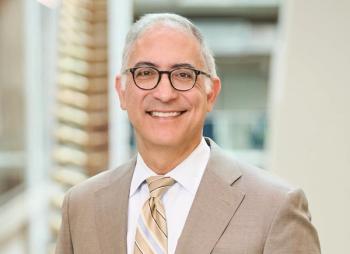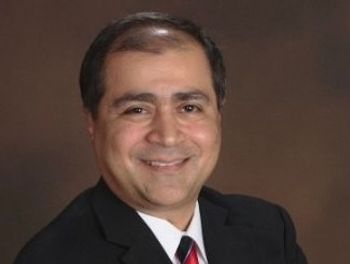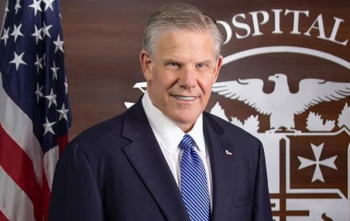
Bipartisan bill aims to prevent Medicaid cuts to hospitals | Bills & Laws
Republican and Democrats are sponsoring the measure to avert reductions in a key program to support safety-net hospitals.
The skinny
A group of lawmakers have sponsored legislation to prevent cuts in a key Medicaid program that helps safety-net hospitals. The program is slated to be cut by billions of dollars.
Sponsors
Republicans and Democrats are sponsoring the bill. Rep. Nick LaLota (R-N.Y.) and Rep. Yvette Clarke (D-N.Y.) are prime sponsors. Other sponsors include Reps. Larry Bucshon, M.D. (R-Ind.), Doris Matsui (D-Calif.), Mike Lawler (R-N.Y.), and Frank Mrvan (D-Ind.).
Summary
Hospitals and health systems, particularly those with a high percentage of patients with lower incomes, rely on funding from Medicaid’s disproportionate share hospital (DSH) program. The program offers federal support to hospitals who have a large number of patients relying on Medicaid.
Analysis
The legislation is dubbed the
The Medicaid DSH program has been the target of cuts in the past, and hospitals and health systems have coaxed Congress to preserve funding previously.
The DSH program is scheduled to be cut by $8 billion annually through 2027. Lawmakers initially scheduled the reductions with the idea that there would be far fewer people without insurance due to the Affordable Care Act. But hospitals with a high share of Medicaid patients wouldn’t be able to offset those losses, leaders say.
LaLota’s office says the cuts would deal a blow to New York hospitals. Stony Brook University Hospital is facing a potential $53 million cut in 2024, according to LaLota’s office.
“This is a bipartisan and common sense fix to an issue directly impacting hospitals on Long Island and safeguards healthcare access for those who need it most, ensuring that no one is left behind due to bureaucratic oversights,” LaLota said in a statement.
Hospitals say the DSH program helps offset the costs of caring for patients with little ability to pay.
Advocates for safety-net hospitals are pushing to pass the legislation before the end of the Congressional session in December. If the measure isn’t enacted or folded into other spending legislation, lawmakers would have to resume the process next year with the new Congress.
Supporters
America’s Essential Hospitals, an organization representing safety-net hospitals, has endorsed the legislation. Bruce Siegel, MD, president and CEO of America’s Essential Hospitals, said the measure would “correct a federal policy that harms the ability of many essential hospitals to recover financial losses they sustain caring for dually eligible Medicaid patients.”
“DSH payments are a vital part of the patchwork support essential hospitals rely on to meet their safety net mission,” Siegel said in a statement. “We urge all members of Congress to support the Save Our Safety-Net Hospitals Act and protect access to high-quality, equitable health care for all people and communities.”
Bea Grause, president of the Healthcare Association of New York State, issued a statement accompanying the lawmakers’ introduction of the bill.
“This bipartisan legislation would fix an inadvertent cut of Medicaid DSH resources for some New York hospitals that treat a significant portion of Medicaid and Medicare patients,” Grause said.








































